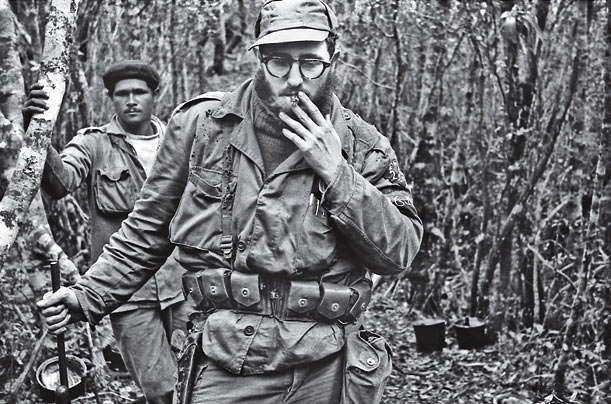
It's fitting that New Year's Day marked the Cuban revolution's 50th anniversary. It's a time for resolutions, and Washington and Havana have an opportunity to make some big ones. They can start by acknowledging that after 50 years of enmity, both sides can claim only partial victories. Washington has maintained its trade embargo against Havana yet failed to dislodge Fidel Castro, alienating much of the hemisphere in the process. The Castro regime has stood up to a half-century of yanqui aggression and championed the poor but also sports a basket-case economy and a bleak human-rights record. Felicidades!
With a new year and a new U.S. Administration, though, there's hope that Washington and Havana can wake up from their Cold War time warp and smell the café cubano. President-elect Barack Obama says he's willing to talk with Raúl Castro and is poised to end restrictions on Cuban-American travel and remittances — a first step toward dismantling the 46-year-old embargo and a gesture that would make it harder for the Castros to rail against gringo imperialism. And Raúl recently told actor Sean Penn in an interview for The Nation that he and Obama "must meet" to "begin to solve our problems."
If both parties don't act soon, they risk spending the 21st century on the hemisphere's sidelines, out of step with the rest of the Americas. Last month a Russian warship visited Havana for the first time since the Soviet Union collapsed — a sign to many of waning U.S. influence in the Caribbean. While Latin leaders still see U.S. treatment of Cuba as a reflection of how it treats them, Cuba can surely see that democratic elections are now the regional norm and that Brazilian President Luiz Inácio Lula da Silva — a leftist soul mate — is perhaps Latin America's most acclaimed capitalist leader.
The Cuban revolution deserves its due: it overthrew the putrid Batista regime and showed the U.S. that its worst impulses could be thwarted. But after 50 years, maybe it's time for both sides to move toward (yes) a resolution.